It's time to answer that oh-so important question that's been burning in the back of your mind: "how are video games made?" Here is a very basic run down of how video games are made.
1. Core Team
A group of people whom come up with the general concept of the game. Numerous meetings will occur in which the group brainstorms about the game; figuring out not only how it will look, but also how it will work. The core team is in charge of the production schedule as well, which describes the tasks each person is assigned and when they most do them.
2. Game Breakdown
Every detail, task, job, and deadline about the video game is broken down into components and then added to a bulletin board. This board acts as the nerve center throughout the games production.
3. Artistic Concept
Artists sketch out the games characters and backgrounds with a very basic level of detail. These sketches are what the graphics artists use to create the characters and backgrounds in 3D on the computer.
4. Development Team
This team uses the latest in computer animation technology to bring life to all of the game's elements; adding colors, textures, shading, and even movement. This team uses the 3d characters and backgrounds created by the graphics team.
5. Programming and Engineering
This is the bread and butter of the game development stage; because without this part, there would be no game. Suffice it to say, the programmers and engineers make the game work. Their coding is what holds the game together and allows the player to actually play the game.
6. Testing
This is the final and most crucial part of the development process. This phase is to see if everything is working properly and as it should be. Testers will check for bugs and glitches and try to find potential problems.
The game testers won't merely be playing the game and seeing if problems will find them -- it's the other way around, as THEY will be the ones searching for the problems. The testers will do everything and anything possible in the game to ensure there is no abnormal situations or circumstances; walking through walls, disappearing, enemy AI problems, cinematic errors, you name it. If the testers miss ANYTHING, it could mean disastrous consequences -- in the form of profit loss -- for the company releasing the game.


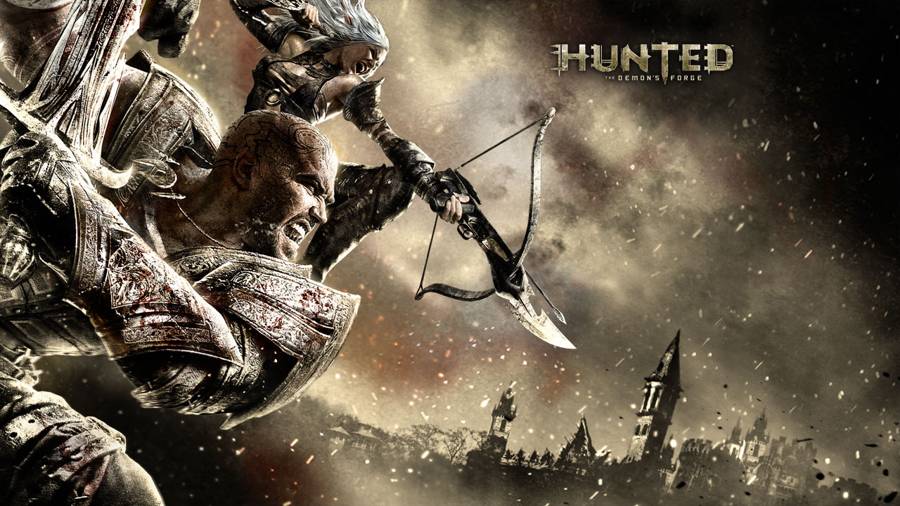


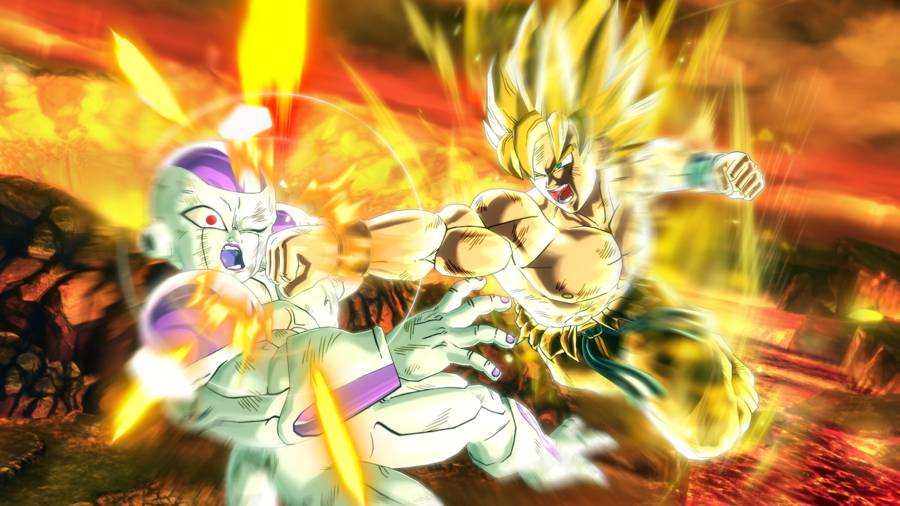
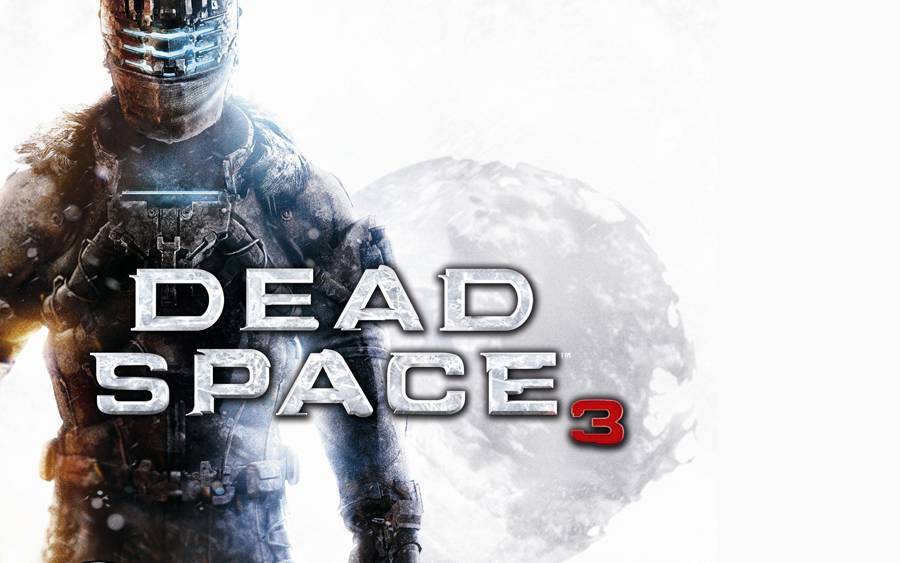 Dead Space 3 Guide: Weapon Parts Location Guide
Dead Space 3 Guide: Weapon Parts Location Guide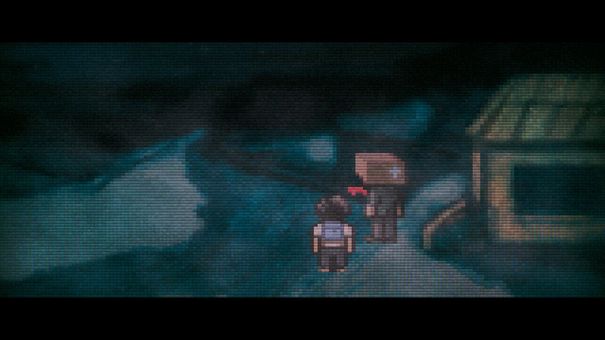 Can the indie scene save Survival Horror?
Can the indie scene save Survival Horror?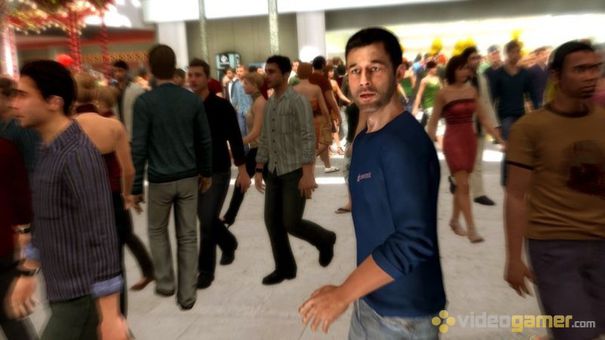 The Games Of The Generation: James Choice
The Games Of The Generation: James Choice Thief Walkthrough Chapter 2: Dust to Dust – How to Open the General’s Strongbox
Thief Walkthrough Chapter 2: Dust to Dust – How to Open the General’s Strongbox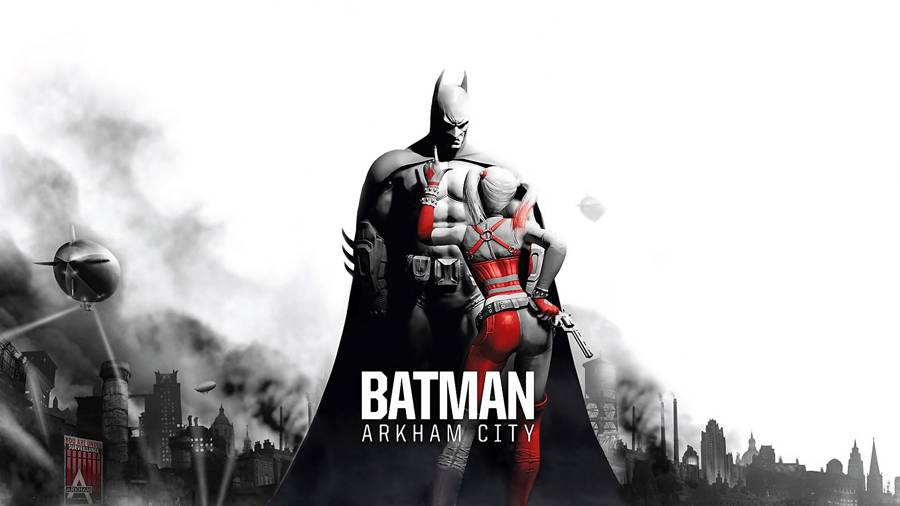 Batman Arkham City Shot In The Dark Walkthrough
Batman Arkham City Shot In The Dark Walkthrough